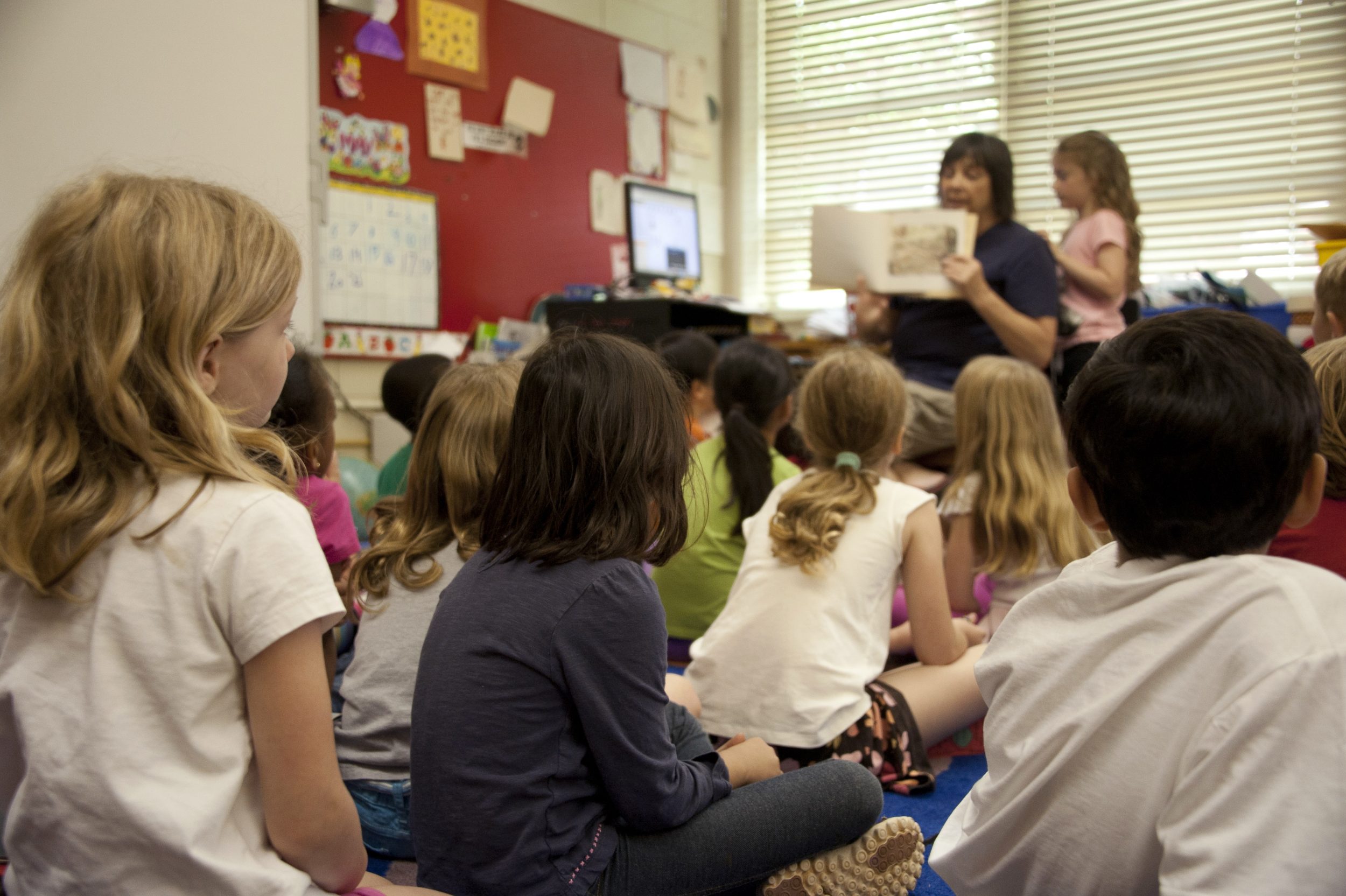“For children to be children, parents need to be parents” – Bailey Review
Parents, it seems, are worried about their children. The government is worried about parental worries. And industry is worried about what the government will do. The fast-paced, fascinating and yet scarily complex digital world in which children are now thoroughly embedded only exacerbates such worries, turning up the heat on demands for action that can be heard from across the political spectrum.
Bravely entering the hotly contested territory of childhood ills in a heavily commercialised digital culture, a territory in which blaming parents is a popular media pastime and bemoaning the loss of childhood innocence an easy way to curry favour with politicians, Reg Bailey published his report on 6th June 2011, having been commissioned to do this by the Secretary of State for Education just six months earlier.
Letting Children be Children offers an independent examination of the much-hyped claims regarding the commercialization, sexualisation and even digitalization of childhood. It builds on earlier reports (commissioned by the previous government) by David Buckingham, Linda Papadopoulus and Tanya Byron. The report was warmly welcomed by the Prime Minister in a letter sent to Reg Bailey, including a promise to ‘should take stock of progress in 18 months time.’
Creditably, the report prioritises the views of parents and children through new research conducted with them. Although hardly a controversial move, this corrects the astonishingly common marginalization of their views when policy debates get technical or political, or when the interests at stake represent major financial investments. This does not mean that parents are always right. Like any other group, they are highly diverse, and not always conscientious or rigorous in putting their principles into practice. And, like other groups, including politicians, they can be swayed by media panics.
Though I appreciate the desire to counter the commonplace devaluing of parental views, I cannot exactly agree that ‘parents are the experts in deciding whether something is appropriate for their child’. But they are one vital source of expertise, and Bailey is right to observe that they struggle to act on their knowledge of their child given that they are under siege from the world of commerce, advertising and the relentless targeting of the profitable child ‘market’.
As Tanya Byron said at the summit of the UK Council for Child Internet Safety, if a company provides services to children, it should be accountable to the standards of children’s services, which, at least in the public sector, generally take as their starting point the UN Convention on the Rights of the Child. This throws an interesting light on the role and responsibilities of the many providers of products and services used by children – in terms of both what they could and should do, and the processes of independent review and evaluation by which the public can know whether and how well they do it.
There’s plenty to be debated in the recommendations of the Bailey Review, since it calls for more and diverse forms of regulation to protect the development of children (defined, interestingly, as those under 16 years) from ‘an increasingly sexual and sexualized culture.’ Let me just focus on one point – the importance of media literacy, a policy concern already examined in this project. To help them combat the commercialized and sexualized “wallpaper” of children’s lives, so they can play their part in addition to the curbs proposed for industry, Bailey calls for:
“Quality assurance for media and commercial literacy resources and education for children … to help children develop their emotional resilience to the commercial and sexual pressures that today’s world places on them. Providers should commission independent evaluation of their provision, not solely measuring take-up but, crucially, to assess its effectiveness. Those bodies with responsibilities for promoting media literacy, including Ofcom and the BBC, should encourage the development of minimum standards guidance for the content of media and commercial literacy education and resources to children.”
On the one hand, I completely agree – rigorous evaluation of media literacy initiatives has been sadly lacking, though promising in its results when undertaken; setting minimum standards is a good way to avoid box-ticking or narrow, non-scalable or quickly dated provision. Bodies such as Ofcom and the BBC need all the encouragement they can get given the apparent cutting of any substantial initiatives beyond tracking the public’s media literacy levels or the provision of resources that the public must go out of its way to find.
Most important, I agree with Bailey’s view that media literacy, though vital, can only take us so far. I have argued elsewhere that even a literate public can’t make sense of illegible interfaces, privacy policies or terms and conditions. Here, for sure, is a crucial role for industry and regulators.
On the other hand, I disagree – for once again, media literacy is positioned as a defensive strategy to keep out the ‘bad’ media stuff, thereby, also risking curtailing children’s opportunities to engage creatively with media and, through media, with their wider world. More ambitious conceptions of media literacy that enable digital participation rather than (or as well as) protection and safety are vital to cultural expression, civic engagement and social connectivity. Now we need a government report also to trumpet the importance of these if we are ever to have a truly literate public capable of managing the digital age.





